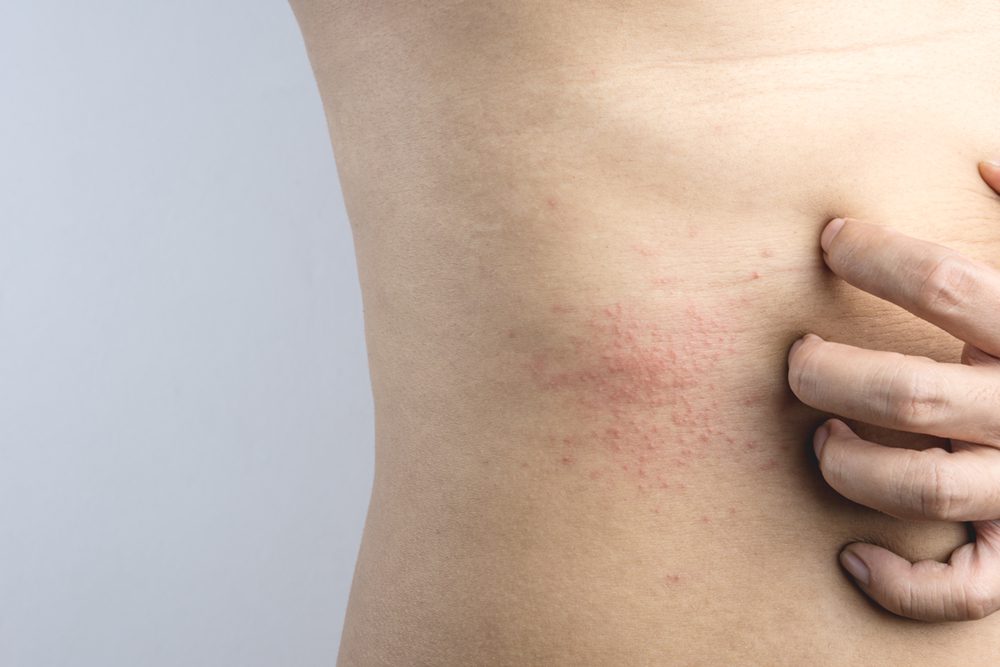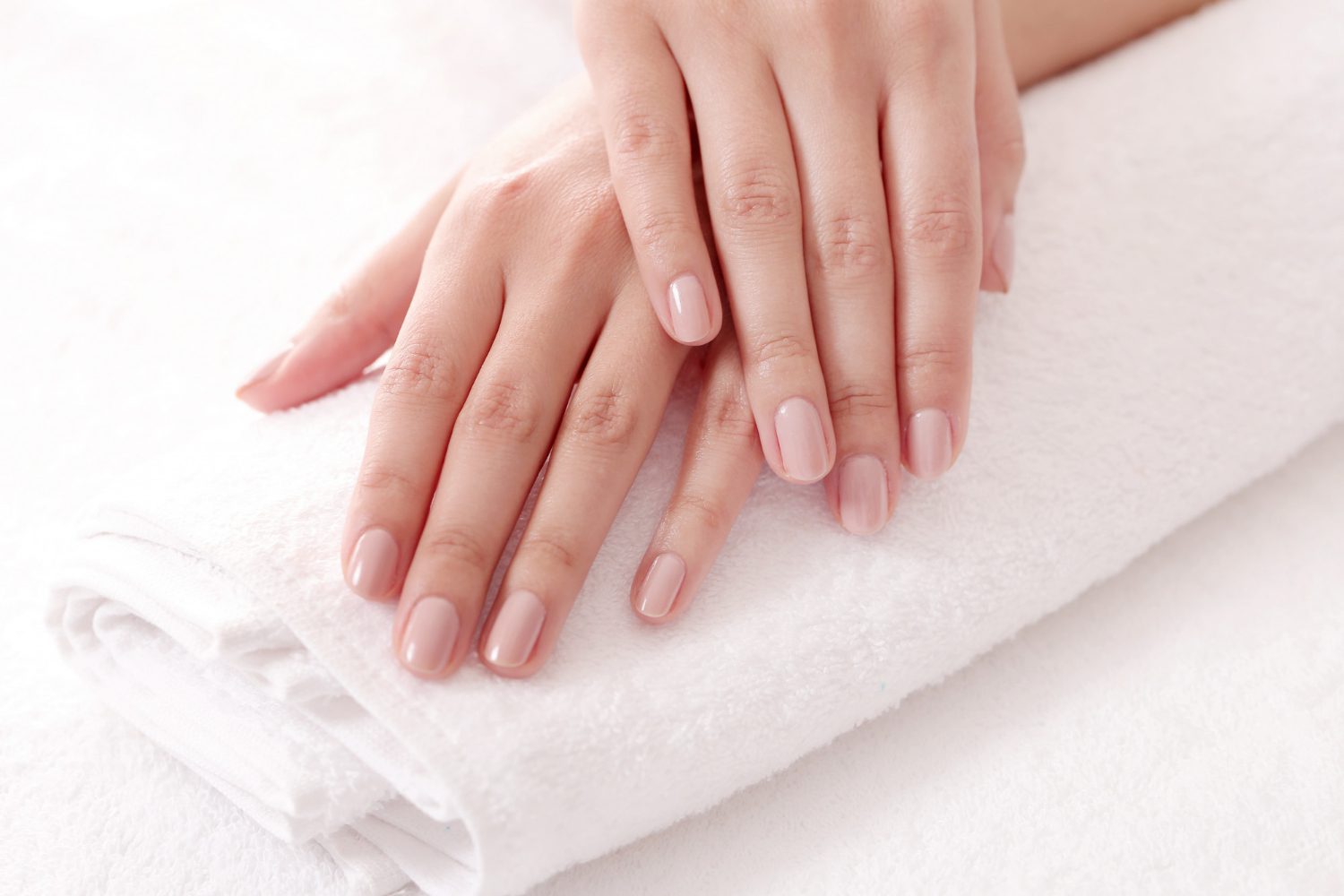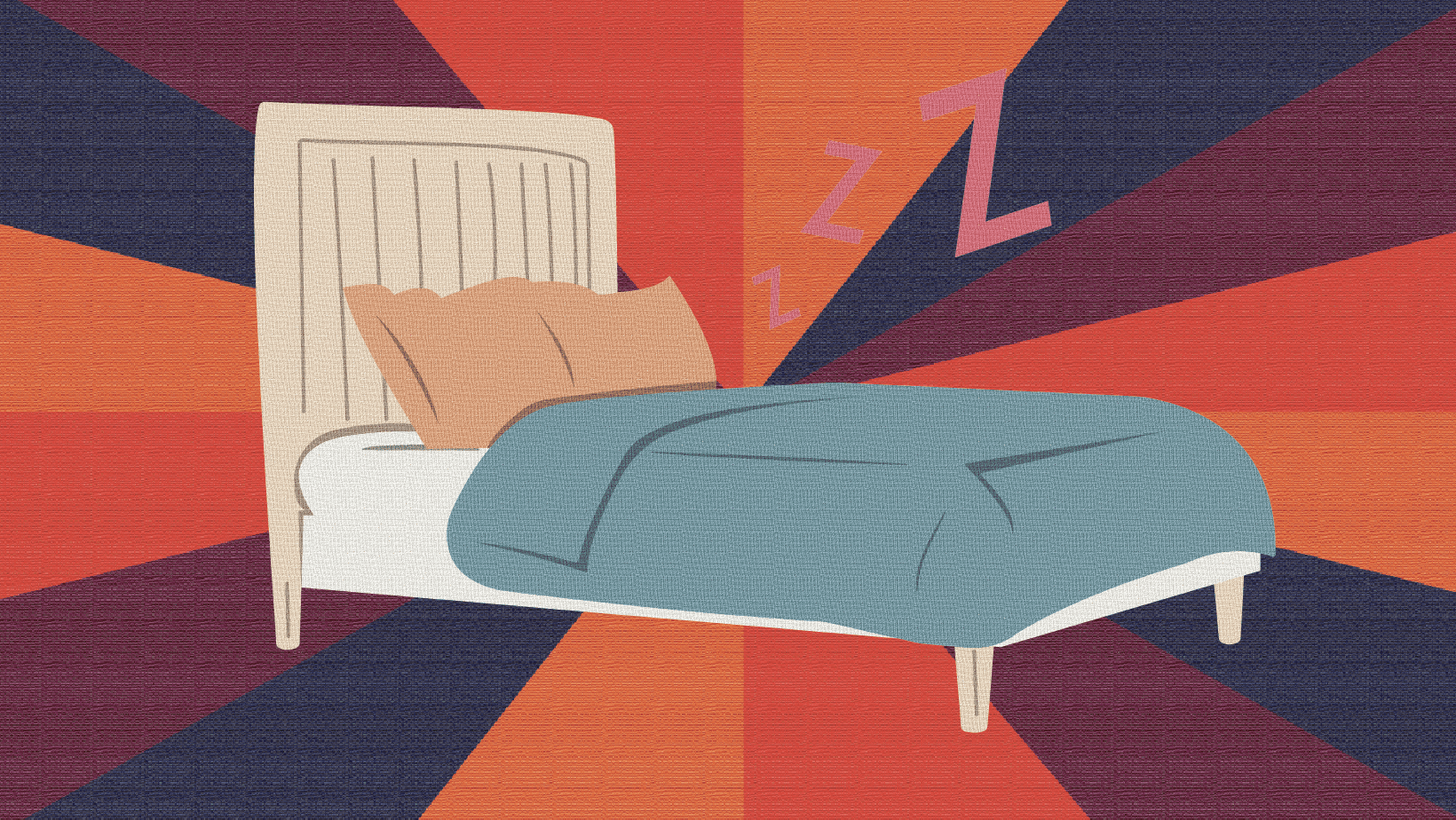
People living with psoriasis know that skin flares come and go. Some days, they’re mild, with only a few red patches here and there. Other days, they’re unbearable and take over the whole body. What triggers psoriasis flares may differ for each person, but we’ve listed all of them below to help you become more cautious about possible triggers and how to avoid them.
1. Stress
Stress can be a trigger for many types of diseases, including psoriasis. Unfortunately, these two often go hand in hand — psoriasis causes stress for many people, and the stress can make outbreaks worse.
Finding ways to reduce stress can help avoid worsening the condition. For example, try practicing yoga and meditation or soaking in a tub with a scented candle. Calling a friend to vent or joining a support group is also another great way to minimize stress.
2. Infection
Some common infections like strep throat, bronchitis, tonsillitis, respiratory or ear infections may cause a flare-up 2 to 6 weeks after the infection. Since infections attack the immune system, which is also responsible for psoriasis, a disturbance will likely trigger flares.
To avoid getting any infection, keep the immune system up by taking vitamin C, eating healthy food, and exercising regularly.
3. Medication
Some medications may also cause psoriasis flares after a couple of weeks from using them. For example, doctors have linked antimalarial drugs (Plaquenil or chloroquine), beta-blockers (Inderal for high blood pressure), nonsteroidal anti-inflammatory drugs (Indomethacin for arthritis), and lithium for psychiatric disorders to flare-ups. Even steroids, which are essentially given as medication to deal with flares, may end up triggering an outbreak after withdrawal from long-term use of the drug.
However, these drugs are also necessary to treat other ailments, and they may impact a person’s health if they stop using them. If flare-ups occur, make sure to consult with a doctor or dermatologist to figure out what medication is causing the flares and find a way to treat it. Some physicians may even offer alternative medication that won’t trigger flares.
4. Skin Injury
Cuts, scratches, bruises, bug bites, extreme sunburn, or broken skin signs can also trigger a psoriasis outbreak. Flares are more likely to appear around the injured skin area.
It’s quite easy to get minor injuries from daily activities like cooking, cleaning, gardening, or exercising — to avoid that, try to be more careful. And when injured, quickly treat the lesion, so it heals before flares start to show.
5. Alcohol Consumption
Drinking alcohol can make symptoms worse for someone with psoriasis in many ways. According to a 2011 study, alcohol consumption can trigger the production of inflammatory proteins and increase a person’s risk of infection, which both contribute to psoriasis symptoms. Moreover, alcohol also interferes with methotrexate, which is a medication that treats psoriatic arthritis.
As enticing as a nice cold beer or a refreshing margarita sounds, it’s best to stay away from drinking alcohol (or at least limit your consumption) to prevent psoriasis flare-ups.
6. Smoking
Smoking is not only harmful to a person’s overall health, but it can also set off a psoriasis flare. Based on a 2006 study, smoking and tobacco use may also increase your risk of developing palmoplantar pustular psoriasis, a rare psoriasis type that affects the hands and feet. Additionally, smoking can also reduce the effectiveness of psoriatic arthritis medication.
Avoid smoking and secondhand smoking at all costs if you want to keep psoriasis flares at bay.
7. Food
A person’s diet may influence psoriasis symptoms. For example, studies suggest that people who eliminate gluten, red meat, dairy products, nightshade vegetables (like eggplants, potatoes, and tomatoes), and fatty, sugary foods from their diet have fewer psoriasis outbreaks.
The study also found that taking vitamin D and following a strict vegetarian, vegan, or Mediterranean diet could help alleviate psoriasis symptoms.
8. Weight Gain
According to a recent study by the National Psoriasis Foundation, overweight people with psoriasis are more likely to develop severe symptoms and are at greater risk for heart diseases, type 2 diabetes, and obesity. In addition, since psoriasis causes inflammation in the cells, the inflammation may block blood flow and make it harder for cells to absorb sugar.
People who are overweight should reduce their calorie intake, exercise more often, drink lots of water, and eat less junk.
9. Hormones
Changes in hormone levels in females can cause psoriasis flare-ups, based on a 2013 study. Flares tend to occur when women have low estrogen levels, which explains why women experience psoriasis outbreaks during puberty, menopause, or after giving birth.
However, when estrogen levels are higher, symptoms tend to improve – that’s why psoriasis flares are less common during pregnancy.
10. Weather
Some people may find their psoriasis symptoms worsen when temperatures drop, and others may experience an outbreak after too much sun exposure. Therefore, it is essential to set balanced conditions at home to prevent outbreaks.
If it is too cold or dry, using a humidifier at home may help reduce flares. Getting sun and the vitamin D that comes with it is also an excellent way to manage flares, but remember to only go for 5 to 10 minutes to avoid sunburn, which also causes psoriasis flares.
Although there is no found cure for psoriasis yet, understanding triggers and finding ways to prevent them can help you manage your symptoms. Don’t forget to seek support and find a doctor you trust to help you overcome a life-long battle with this skin disease.





0 Comments